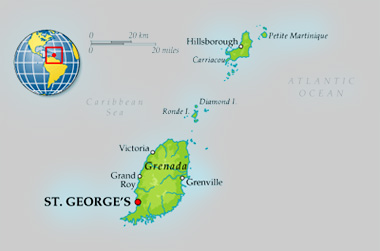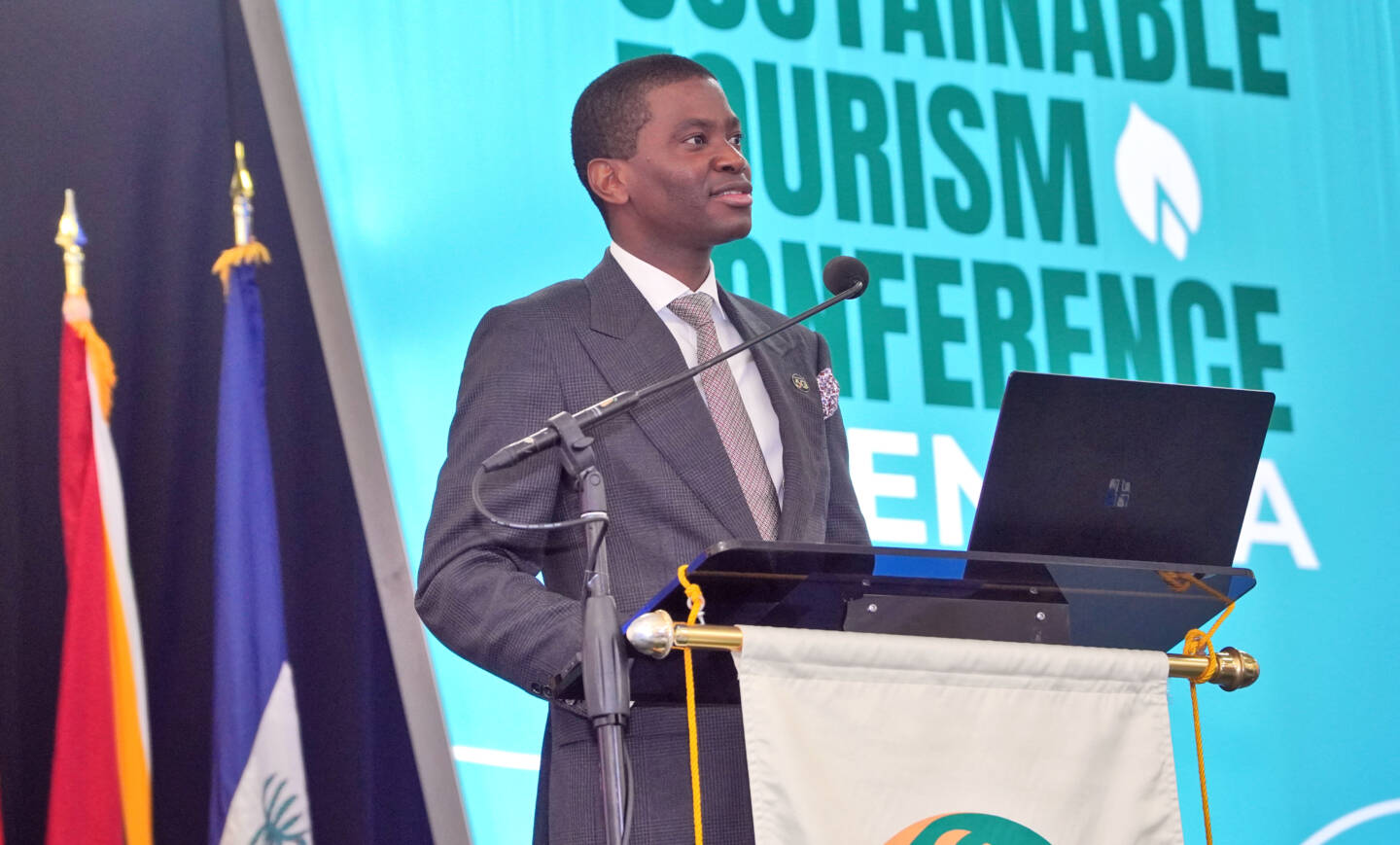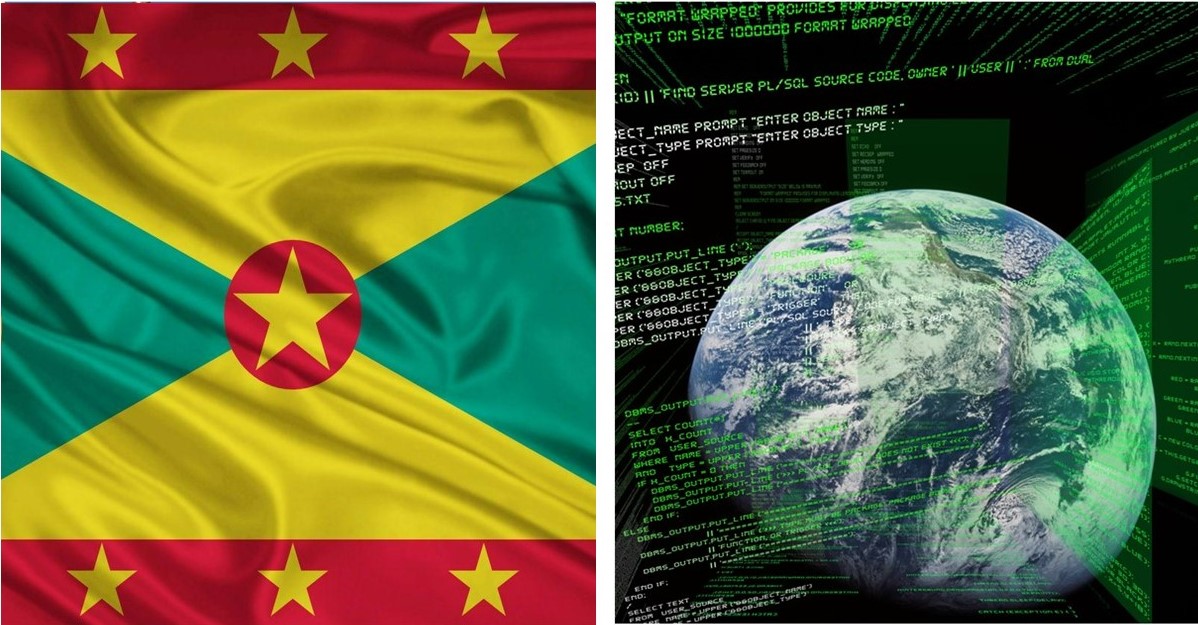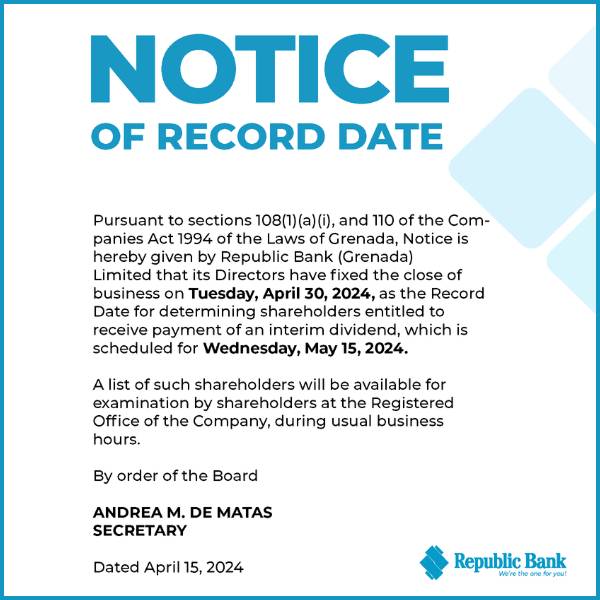by Eric Malczewski
In a lecture entitled “The Nation State and Economic Policy” delivered in 1895, Max Weber, a promising young economic historian who later would become a towering figure of 20th- and 21st Century social science, advanced the argument that the “reasons of state” which must govern the political interests of his native Germany first and foremost must be guided by a criterion of value that is essentially national.
The nation, as the locus of ultimate value (i.e. the supreme value to which state policy in its international, domestic, and economic dimensions, etc. is subservient), constitutes the legitimate source of political interests. In this conception, the nation is the central object of fidelity for the state or government. Weber’s main contention is that state policy must be effected and advanced in the interests of the nation.
As Professor Oliver Benoit argues, however, in his recently published work “Ressentiment, Nationalism and the Emergence of Political Culture in Grenada” (Pp. 100-115 in Research Handbook on Nationalism. Edited by Liah Greenfeld and Zeying Wu. Oxford: Edward Elgar. DOI:10.4337/9781789903447.00016) the presupposition of the primacy of the nation is not one that can be said to hold for all states. Benoit advances the striking claim that such a presupposition does not apply to the case of Grenada. He contends that the driving force of political decision making in Grenada is located in the interests of particularistic identities rooted in conceptions of race, class, and status as opposed to a national identity rooted on a conception of the fundamental equality of the Grenadian people. The historical consequence of particularistic identities being the focus of state policy is and has been an inability on the part of political leaders to understand political, economic, and social problems outside of particularistic (i.e. race-, class-, or status-based) frames of reference.
Benoit’s argument has 2 major dimensions: a theoretical claim bearing on the explanation of the sources and currents of politically relevant identities, and a substantive claim concerning the qualities of Grenadian political culture. As it regards the first dimension, Benoit advances an argument about the cultural basis of status order that situates his argument in the tradition of social theory focusing on the link between the historically specific categories through which people organise reality and orient their action and the motivational or psychological dynamics that empirically accompany use of these categories.
Benoit builds his theoretical case on the work of the luminaries Adam Smith, Friedrich Nietzsche, Max Scheler, Max Weber, W Arthur Lewis, and Liah Greenfeld. His most significant insight concerns the manner in which categories of race, class, and status helped foster particularistic identities (namely, identities that focused on the specific qualities of bounded groups) and, consequently, access to prestige was closely guarded. He argues that the psychological dynamic of ressentiment — a pernicious form of existential envy and yearning for recognition first identified by Nietzsche and later expanded upon in Scheler’s and Greenfeld’s scholarship — developed in the Grenadian middle class. This middle class recognised and internalised the principle of equality espoused by the colonial elite, yet they were denied the experience and attendant dignity of that equality on account of their race. The second major dimension of Benoit’s argument is the substantive claim that particularistic identities in Grenada flourished, and the ideal of equality — the fundamental quality of nationalist identity — did not take root there.
Benoit contends that Grenada’s particularistic identities endure and that to regard a putative Grenadian nationalism as a central form of identity or the Grenadian nation as the ultimate end of political decision making is historically inaccurate. This insight not only has implications for the study of Caribbean politics but also for the understanding of the consequences and fate of colonialism there. He claims that in Grenada, politics has been more about personality, as political figures struggle with status inconsistencies resulting from Grenada’s historical and cultural circumstances. Politicians whose experiences are shaped by these historical circumstances find it difficult to reconcile their status inconsistencies, and, consequently, the idea of focusing on the interest of the nation as a whole has been difficult. (111)
In Max Weber’s language, the “reasons of state” that typically guide political action in Grenada are not oriented to national interests, to the general interests of the Grenadian people understood as the locus of ultimate value or supreme object of political exertion. Professor Benoit’s scholarship illuminates key characteristics of politics and political culture whilst holding a mirror up to Grenadian society that shows it what criteria of value govern their political fate.
Eric Malczewski is an Assistant Professor, Centre for Public Administration and Policy, Virginia Tech Faculty Fellow, Centre for Cultural Sociology, Yale University.
Oliver Benoit, PhD, MFA is a Professor of Sociology, Department of Humanities and Social Sciences, St George’s University, Grenada.
























